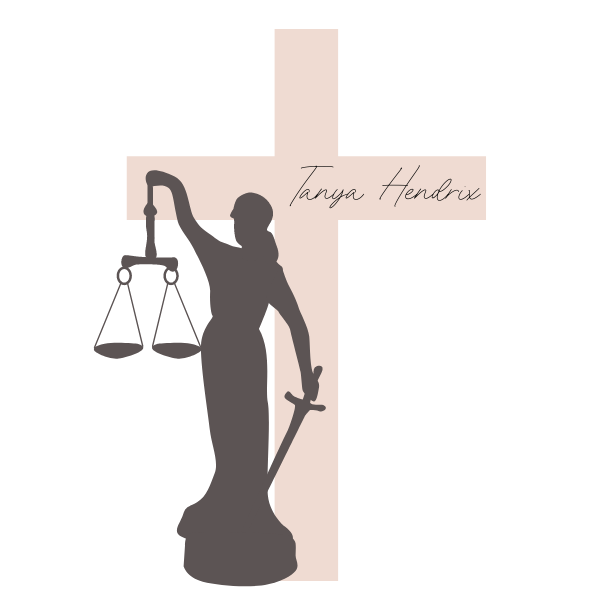Estate planning sounds like a major undertaking, but it can be really very simple. Unless you have an estate valued over 5 or 10 million, you can have a very simple estate plan. A one or two hour meeting with an estate planning attorney can inform you of the right plan to make and set you on a path to leaving your legacy – your stuff – as you want.
The American Bar Association defines estate planning as,
a process involving the counsel of professional advisors who are familiar with your goals and concerns, your assets and how they are owned, and your family structure. It can involve the services of a variety of professionals, including your lawyer, accountant, financial planner, life insurance advisor, banker and broker. . . . Estate planning covers the transfer of property at death as well as a variety of other personal matters and may or may not involve tax planning. The core document most often associated with this process is your will.
To be clear, for purposes of this blog, I am using “estate planning” to address the transfer of property at death and to address other personal matters without addressing any tax planning. For a personalized estate plan, you will need to speak with a licensed attorney and perhaps your tax professional, financial advisor, and other professionals who can best advise you based on your individual situation.
Last Will and Testament
When people think of estate planning, they often think of a last will and testament. Certainly, as noted by the American Bar Association, that is part of any estate plan. A Last Will & Testament sets forth your wishes for your stuff, whether it’s personal property (jewelry, furniture, art, etc.) or real property (personal residence, vacation home, etc). It can direct that your daughter gets your gun collection, and your son gets your wedding ring set. 😉
It gives directions and authority to the Personal Representative (formerly called “Executor”) as to what to do with your stuff, such as selling your house, dividing your personal property, and paying debts. It should also relieve the Personal Representative from filing an inventory and paying a bond – both of which is required when there is not a will (as noted above). Your Personal Representative shouldn’t have to ask permission from the Probate Court to do anything with your stuff unless there is a Will contest or claim filed against the Estate.
What Happens to Your Minor Children?
A Last Will & Testament can also name a Guardian for your children should you die with children under the age of 19. This is the person (or persons) who will take in your children and raise them in your place. Be sure you choose wisely here. Your parent or sibling may not be the best person – don’t be afraid to name a friend or other relative. Of course, ask them first to be sure they’d be willing to take on such an incredible responsibility.
Considerations for Your Last Will & Testament
What do you need to do or know to prepare your Last Will & Testament? The following are a few things to think about and consider when you schedule to talk to a licensed attorney about your Estate Plan. To be clear: you do not have to have all of these answers before your meeting, these are things that can be decided before, during, or after your meeting with an attorney.
- Who will be your Personal Representative? Who will be the alternate? Your Personal Representative basically manages your Estate. Generally, spouses choose each other first and then name an alternate or successor if something happens to the primary choice. You need to trust this person and truly believe that he or she will carry out your wishes and be fair to your heirs.
- Who will be the Guardians of your children if you die while they are under the age of 19? Who will be the alternates or successors if something happens to our primary choice?
- What do you want to happen with your stuff? Does your surviving spouse get the house? Is the house supposed to be sold? If there is not a spouse, what happens to the house, personal property, financial accounts, etc?
- What are your goals for YOUR estate plan? Who you want to get what and is there anyone you do not want to inherit anything?
What Legacy Are YOU leaving?
If you do not already have a Last Will and Testament contact a licensed attorney in your area to get that estate plan in place.
What kind of legacy are you leaving? Failing to do an estate plan not only effects what happens to your stuff but reflects poorly on your legacy – your story – to your children.
The Alabama State Bar requires the following: No representation is made that the quality of legal services to be provided are greater than the quality of legal services provided by other lawyers.






